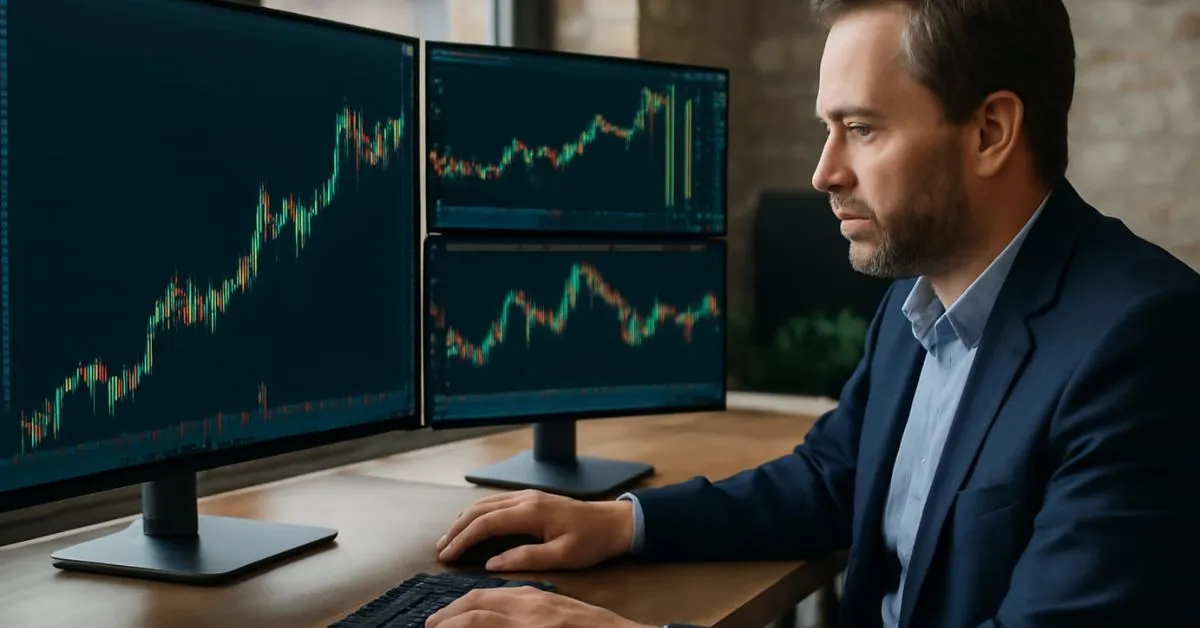The Growing Influence of Proprietary Trading Firms in 2025
In recent years, proprietary trading firms, or “prop firms,” have reshaped the landscape for traders seeking to scale their strategies without risking significant personal capital. By 2025, these firms have become a widely recognized avenue for individual traders and semi-professionals to access substantial trading capital, tapping into a growing market fueled by technological advancements and flexible funding options.
What Are Prop Trading Firms Offering Today?
Unlike decades ago, when prop traders were often employees in closed, highly selective desks, today’s model offers broader accessibility. Many prop firms now deploy structured evaluation programs—such as challenges or phased assessments—that enable traders to demonstrate consistent performance and earn live funding. This approach eliminates the traditional requirement for large personal bank accounts, while enforcing rigorous risk management standards that protect firm capital and promote disciplined trading.
Funded trading programs provide a crucial stepping stone for traders who might otherwise struggle to grow their accounts or reach institutional levels independently. These programs can encompass a wide array of markets, including forex, stocks, indices, cryptocurrencies, and algorithmic trading strategies, giving participants the flexibility to select funding aligned with their expertise and trading style.
Drivers Behind the Market Expansion
Three key trends explain the surge in proprietary trading opportunities:
- Technological Progress: Cloud computing, better connectivity, and advanced remote monitoring enable firms to onboard and supervise traders worldwide without physical presence.
- Diversification of Offerings: Funding options now cover more asset classes and trading styles, appealing to a broader trader profile.
- Increasing Trader Demand: As retail traders seek professional avenues distinct from traditional employment, proprietary trading programs provide structured, objective paths for career growth.
What Traders Should Expect From These Programs
Many prop firms require completion of evaluation stages designed to test both risk management and consistency. These assessments often result in low pass rates, reflecting the emphasis on discipline and reliability over risky, short-term gains. Traders must familiarize themselves with program rules, which typically include daily loss limits, maximum drawdowns, and profit targets. Careful preparation improves the chance of passing and attaining funded status, which remains the ultimate goal for many ambitious traders.
Beyond Capital Access: Education and Growth
Proprietary trading programs often provide substantial non-capital benefits. Many firms host educational resources, mentorships, or coaching services to accelerate skill development. Funded traders gain the opportunity to trade with meaningful account sizes, allowing them to test strategies under realistic market conditions and benchmark their progress with clear performance metrics, such as profit splits and drawdown control.
Cautions and Considerations for Traders
Not all prop firms maintain the same standards. Critical evaluation criteria include transparency of rules, fairness of profit-sharing agreements, payout frequency, allowable markets, and the firm’s reputation for consistent rule enforcement. Because of rapid market growth, new firms appear frequently—some with highly favorable terms, others with restrictive or unclear conditions. Traders should rely on independent reviews, community feedback, and thorough due diligence before committing.
What Lies Ahead for Proprietary Trading?
The prop trading ecosystem is maturing in 2025. Larger quantitative firms continue to grow alongside retail-focused operations optimizing their risk frameworks and trader onboarding processes. This evolution promises more choice and clearer standards, empowering traders to select programs closely aligned with their trading approaches and professional goals.
Steps for Success in Funded Trading Programs
- Thoroughly review and understand each program’s rules before paying fees.
- Simulate the evaluation environment to build comfort and readiness.
- Monitor key risk parameters and develop a plan consistent with firm guidelines.
- View the evaluation as a professional performance audit prioritizing consistency over occasional large wins.
- Research payout conditions and real trader experiences through unbiased sources.
Final Thoughts
Proprietary Trading Firms in 2025 is a compelling pathway for traders aiming to leverage external capital without overexposing personal funds. When approached with discipline, research, and a strategic mindset, funded trading programs offer a legitimate and scalable entry into professional trading.






